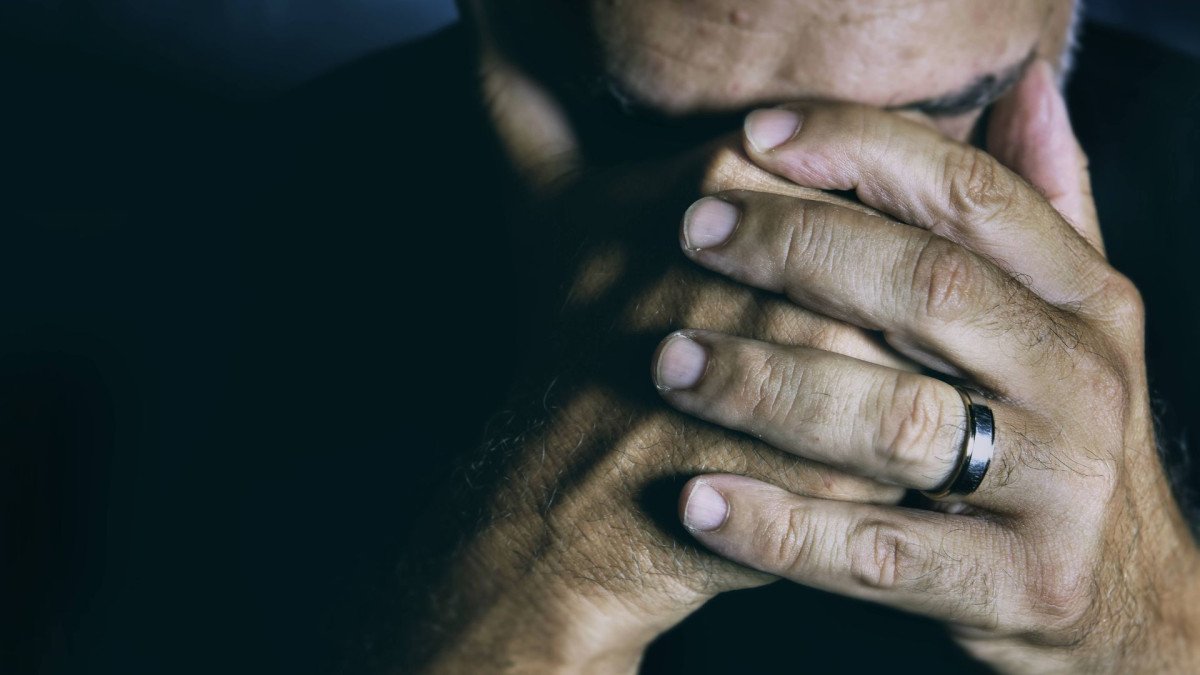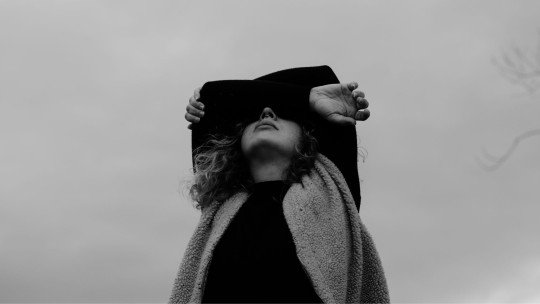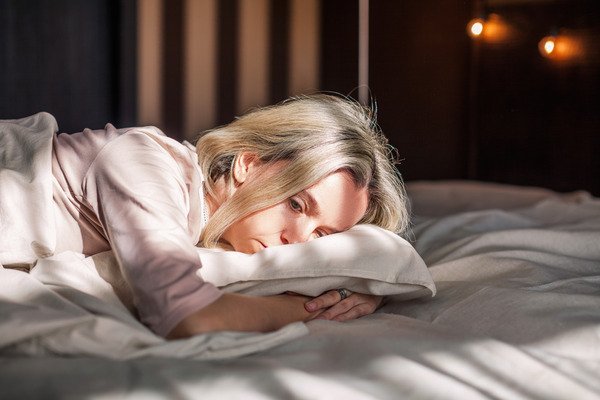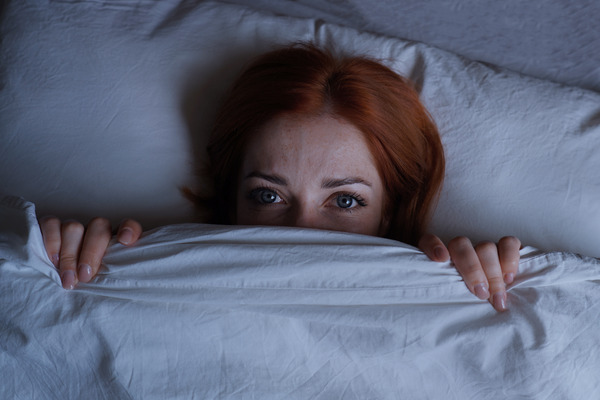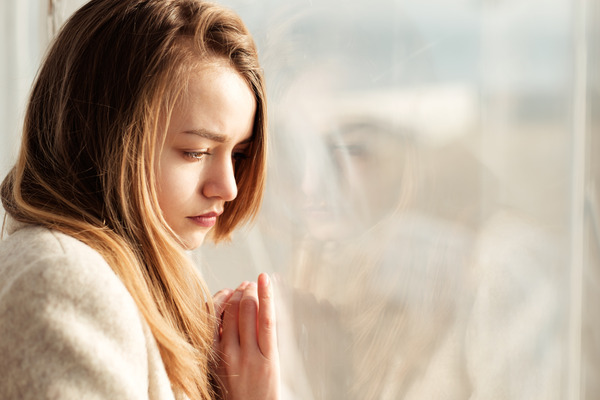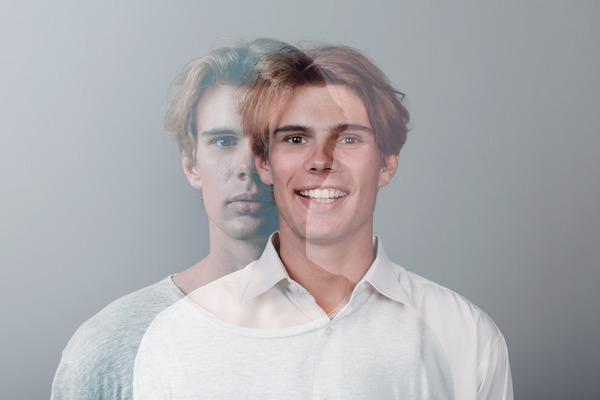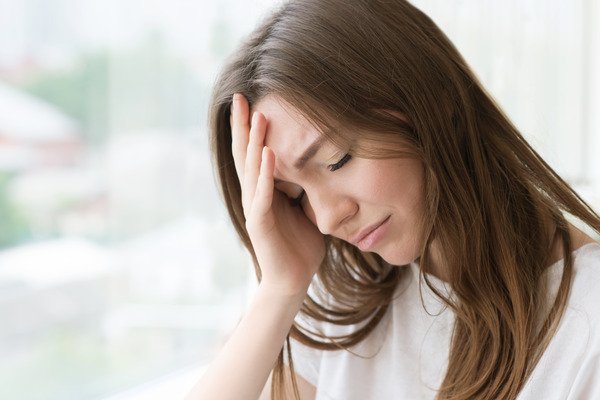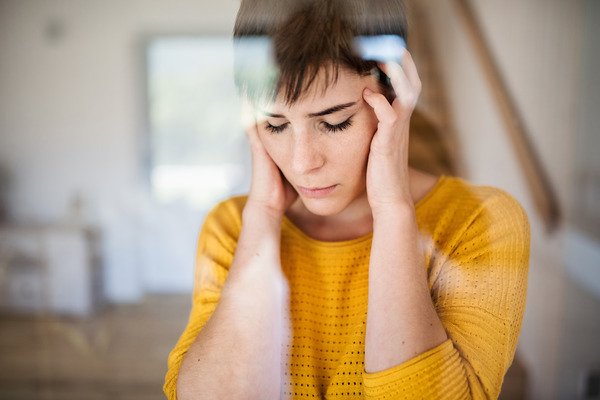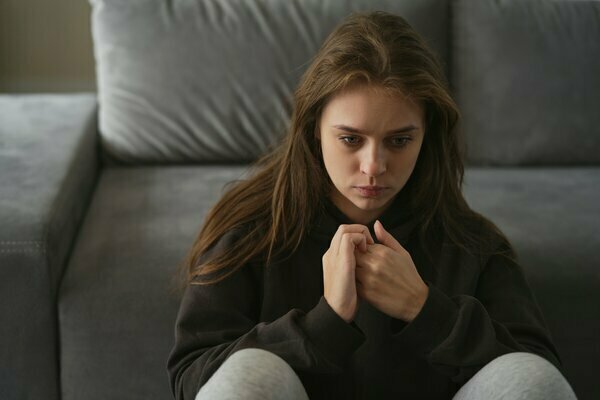If someone asks us to describe what a person suffering from depression looks like, many of us tend to project an image of an individual lying in bed, unwilling to get out, as if they were constantly and exaggeratedly dreaming. Now, we ask the following question: Does suffering from depression make you sleepy or does sleep cause depression? The answer is interesting since the link between sleep and depressive symptoms is greater than we imagine.
Depression is quite common, in fact, the World Health Organization (WHO) states that in the world, more than 300 million people suffer from depression, while 40% have sleep problems. These are significantly high figures in both disorders but it is not surprising since, according to experts on the subject, there is an important double pathway between sleep and depression. In today’s article, we will analyze this in depth.
In this regard, it may happen that people who suffer from depression have thoughts or problems that do not allow them to sleep properly, or vice versa. That is, due to a drop in mood, they lose motivation to carry out activities of daily living, prefer to stay asleep and, consequently, develop a depressive disorder. Since depression and sleep can present in different ways, it is risky to say that one leads to the other.
However, we know that 70% of people with depression have some type of sleep disorder such as insomnia which causes difficulty falling asleep or staying asleep for long periods of time or hypersomnia, which is when the person feels sleepy throughout the day, in an abnormal way, even if they have slept enough.
What do we know so far about depression and sleep?
There are various studies that support a close relationship between insomnia and psychiatric disorders, especially affective ones Along these lines, an investigation concluded that the risk of developing a new episode of depression was higher in those patients with insomnia at the beginning of the study than in those who did not have this condition, or that if they did, it resolved in a short time.
Given that sleep disturbance is part of the diagnostic criteria for depression, it could be accepted that insomnia only indicates the existence of subclinical depression. However, studies carried out in adults and young people confirm the high weight that insomnia has as a causal factor of depression, compared to other specific symptoms of it.
Another study found that both the insomnia and hypersomnia mentioned above are associated with a higher rate of suicidal thoughts and behaviors. Therefore, Insomnia increases the risk of developing symptoms of depression up to 10 times It is clear that research increasingly demonstrates the great connection between lack of sleep and depressive symptoms and therefore, some researchers established that sleeping too little (less than 6 hours), as well as sleeping too much (more than 8 hours) increases the likelihood of suffering from this affective disorder.
Finally, it has also been studied that people with depression experience less rapid eye movements (REM) while sleeping. The REM stage of sleep is related to memory, mental concentration and mood. Therefore, the less time a person spends in REM sleep, the more acute the mental symptoms of depression, such as feelings of hopelessness, emptiness, and fatigue, become. Similarly, it has been found that depression also causes lower levels of serotonin and of course, this neurotransmitter plays an important role in the change from wakefulness to sleep.
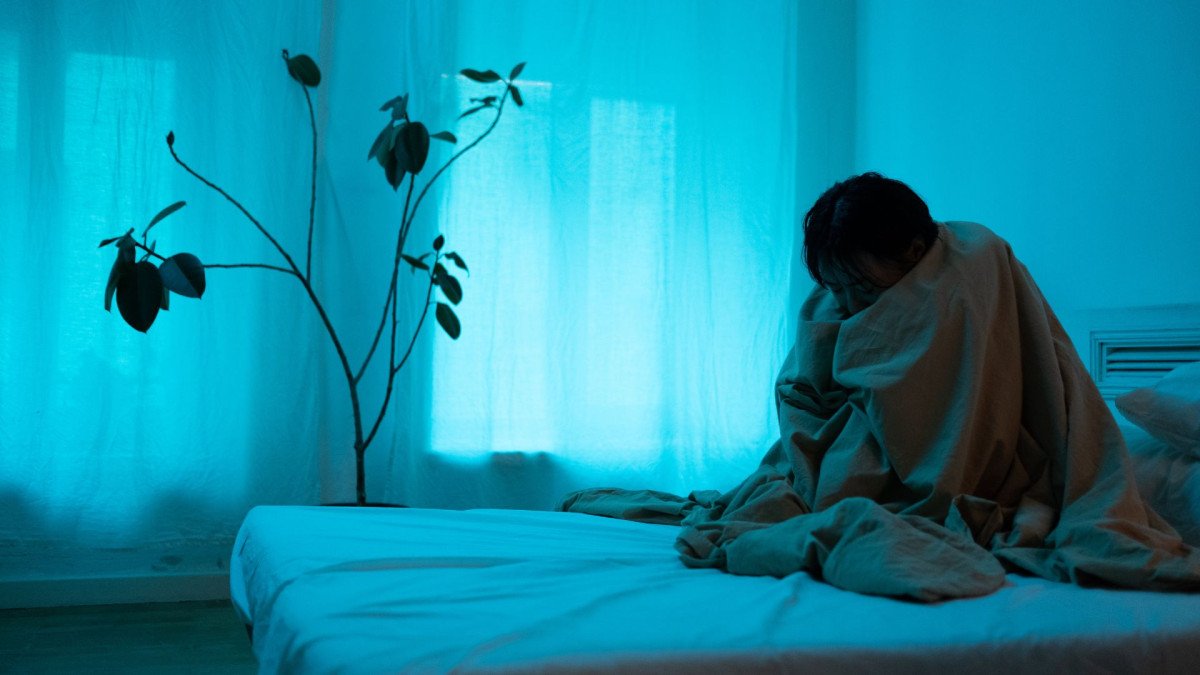
Solutions
If a person has depression and is experiencing sleep-related symptoms, they should seek treatment for depression However, if you have a sleep disorder and certain signs of depression, it is more useful to treat the sleep disorder to reduce the depression.
According to experts on the subject, sleep deprivation therapy is a good option. Basically, it consists of staying awake for long periods of time. More specifically, it is based on keeping the individual awake for 36 hours, and although it may seem surprising, it shows that the antidepressant effect occurs quickly. It has been observed that the day after deprivation, the person experiences a significant improvement in their mood, behavior and thoughts. However, this procedure has limitations. The improvement is temporary. It is common for relapses to occur after the next night of sleep.
You may question the effectiveness of this therapy and therefore, it is important to highlight that it varies depending on the person and the type of depression. For example, it has been observed that The people who can benefit the most from it are those who suffer from endogenous depression or melancholic symptoms people who show high levels of alertness and activation and finally, those who suffer many changes in their mood during the day and tend to feel better in the afternoon.
Apart from sleep deprivation therapy, the lifestyle the person leads is also important to help improve their sleep and thus relieve symptoms of depression. Below we present some steps to follow:
